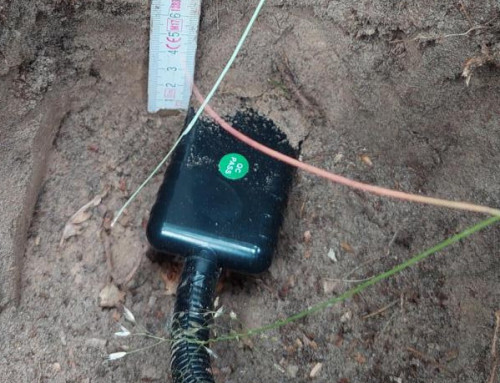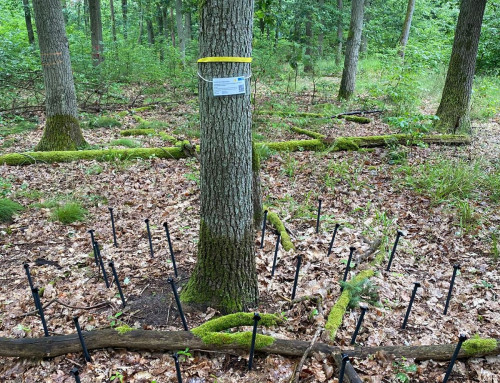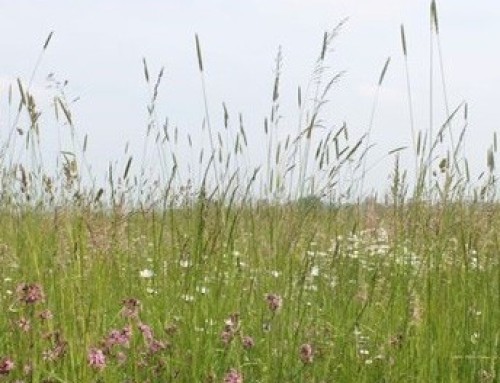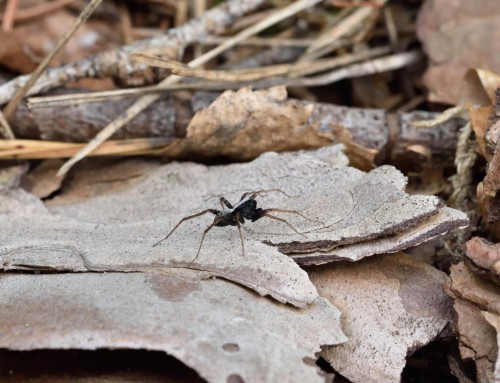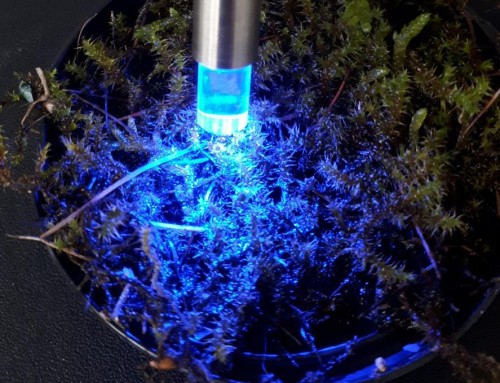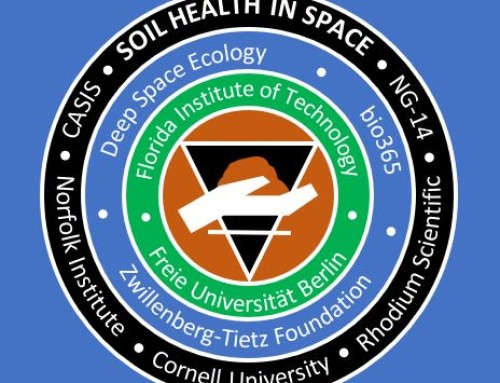Type of project: Research project of the Max Planck Institute for Biogeochemistry in Jena
Author: Dr. Markus Lange
Cooperation partner: Prof. Dr. Gerd Gleixner, Group Leader „Molecular Biogeochemistry“
About the project
Agriculture faces the challenge of being highly productive while minimizing environmental impacts, especially on soils. However, intensive agricultural use leads to soil degradation, which impairs the ability of soil to retain and regulate water, provide nutrients and maintain a healthy ecosystem for plants and microorganisms.
Humic substances, which occur naturally in soil, play a crucial role in maintaining soil structure, promoting water holding capacity, nutrient retention and availability, and supporting microbial activity. They are essential for soil fertility and therefore for plant productivity.

The addition of artificial humic substances to agricultural soils can be a promising strategy to mitigate the negative effects of intensive agriculture and improve sustainability. By improving water holding capacity and nutrient efficiency, artificial humic substances can help to improve soil quality, reduce dependence on chemical fertilizers and increase plant resilience to drought stress. In addition, they support the activity and diversity of soil microorganisms, which are essential for decomposing organic matter, converting nutrients and maintaining a healthy soil structure.

The project, funded by the Zwillenberg-Tietz Foundation, investigates how an integrated soil management approach can contribute to sustainable agriculture. It will quantify the influence of artificial humic substances on plant productivity and investigate the changes in physical soil properties, the microbial community in the soil and nutrient utilization by plants and microorganisms. For the field trial, artificial humic substances are produced on a large scale from digestate from the biogas plant of the Natura Agrar GmbH in cooperation with the company Artec HTC GmbH. In cooperation with Natura Agrar GmbH, these humic substances will be spread on the fields of the Linde research station in comparison to the untreated digestate.


